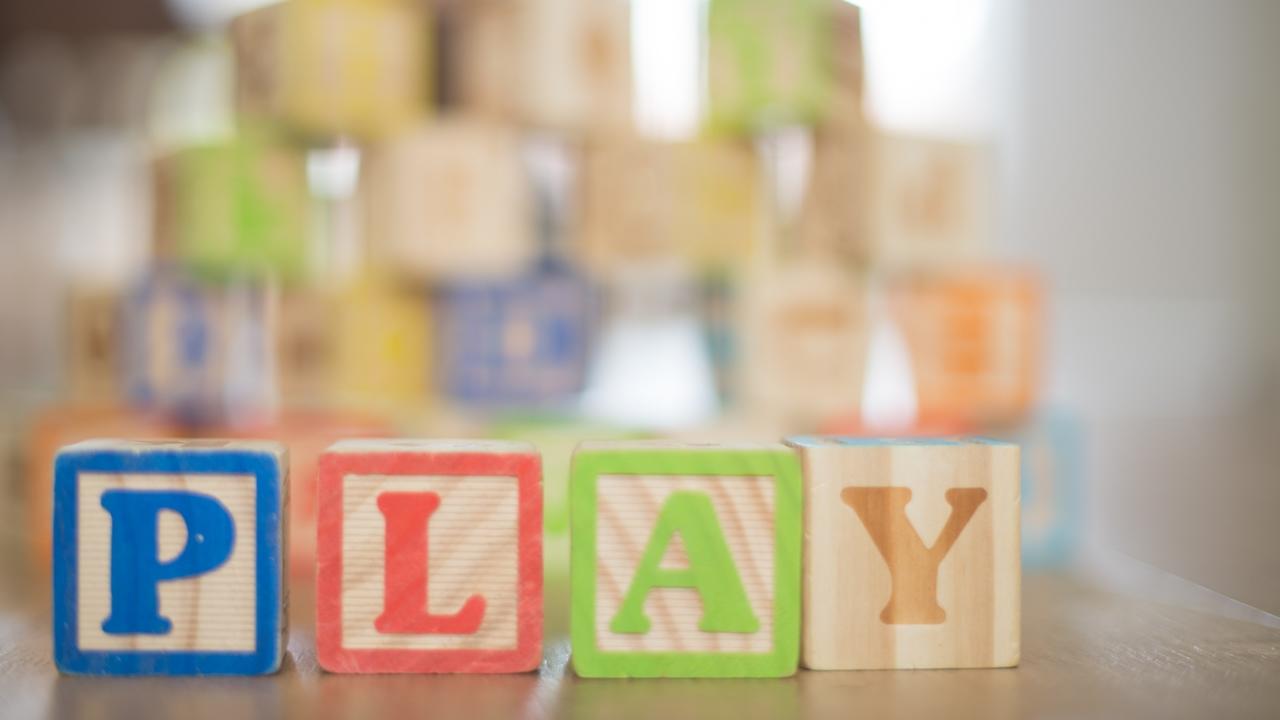What’s So Funny About Diabetes? The Power of Play!

If you’re searching for an easy, effective, all-natural way to manage your diabetes more effectively, I’ve got great news for you. You’re in for a good time! Researchers in the field of psychoneuroimmunology have been working steadily to prove that experiencing positive emotions leads directly to improved health. Having fun, it turns out, is good for you.
Specifically interesting for people with diabetes is research that shows enjoying humor can help control glucose spikes after a meal. Blood sugar control is obviously of high interest. Another factor that impacts our blood sugar is our stress levels: the more stressed out we are, the harder it becomes to control blood sugar levels.
One of the world’s best stress busters is play. We love to play when we’re children, but as we grow up, we stop – fearful, perhaps, that playing makes us seem less serious, less adult, less mature. To answer that, I’d like to quote from Robert Bellah’s very serious book, Religion in Human Evolution: From the Paleolithic to the Axial Age.
This tradition proposes that humans are a playful species, and we are most fundamentally ourselves when we are not functional. Play is not the antithesis of seriousness but the antithesis of work, of sustaining the general scheme of every day in which we spend so much of our time.
In contrast to work’s anxious drudgery of constantly reinforcing social structures and hierarchies, of reestablishing who gets to be a parent and who a child, who the boss and who the employee, and so on, play is what we do when we “log off” from the grid of social structures. Play involves a dialectic of freedom and constraint, or better, freedom within constraint. This is obviously so in games, but equally so in any form of play. The boundaries of play, the delimiting and the defining of the conditions of play, themselves can stand in a kind of dream-like state of critical assessment, a kind of Habermasian reverie. In short, play nourishes us, makes us fully human, equips us for reflective agency, and enables us to understand that behind (or above) the routines of the every day there can be a carnival of an altogether different sort.
Adding play to your daily routine has immediate mental and physical health benefits. You won’t just feel better – you’ll actually BE better. I can’t promise you a Habermasian reverie but you never know, it could happen! Not sure how to get started? Here’s one tip from What’s So Funny About Diabetes? you can use:
You don’t need to have kids to have toys in your house or office. Get some toys of your own! Maybe it’s a Slinky, or a Rubik’s Cube, or a Koosh Ball, or a plush pancreas. Maybe it’s a water gun or a stress ball that you can squeeze the heck out of. It doesn’t need to have a purpose other than to just bring a smile to your face when you play with it.

